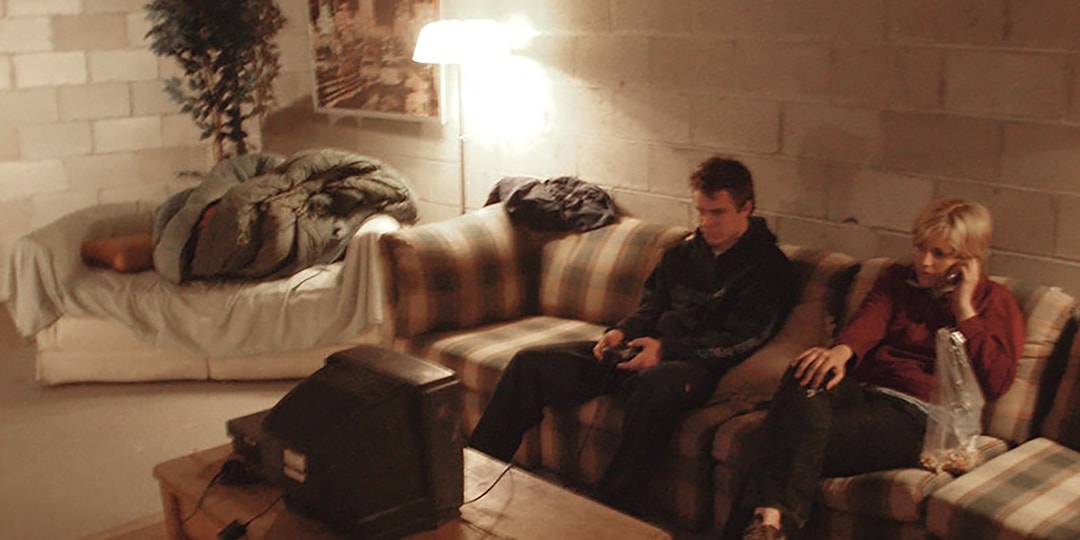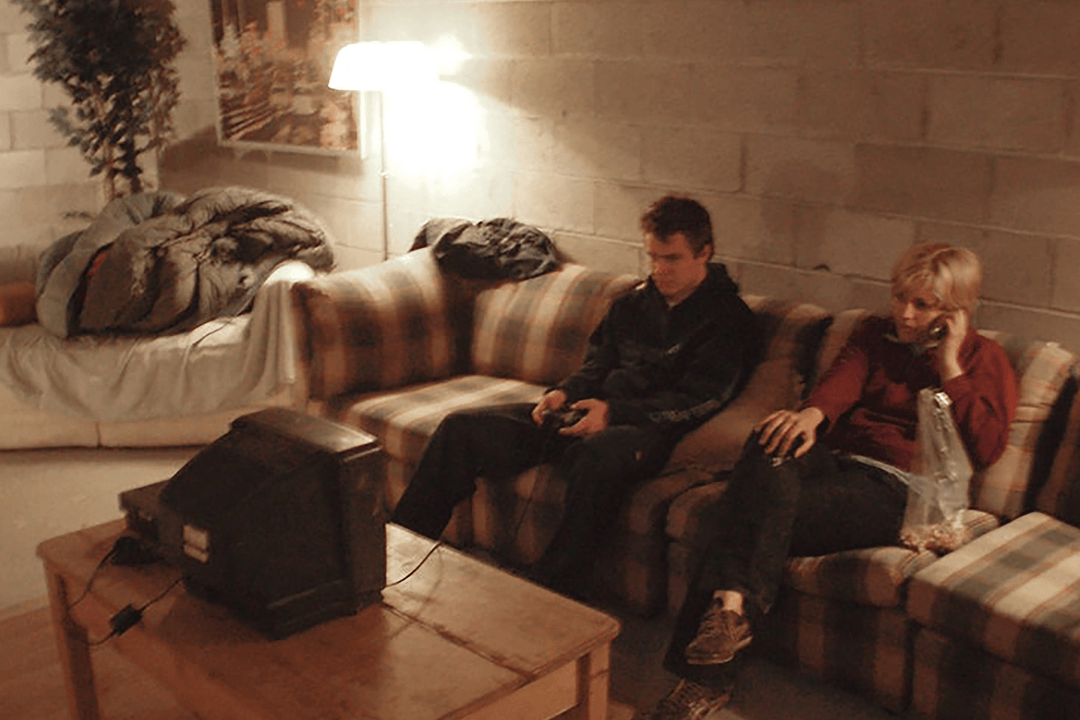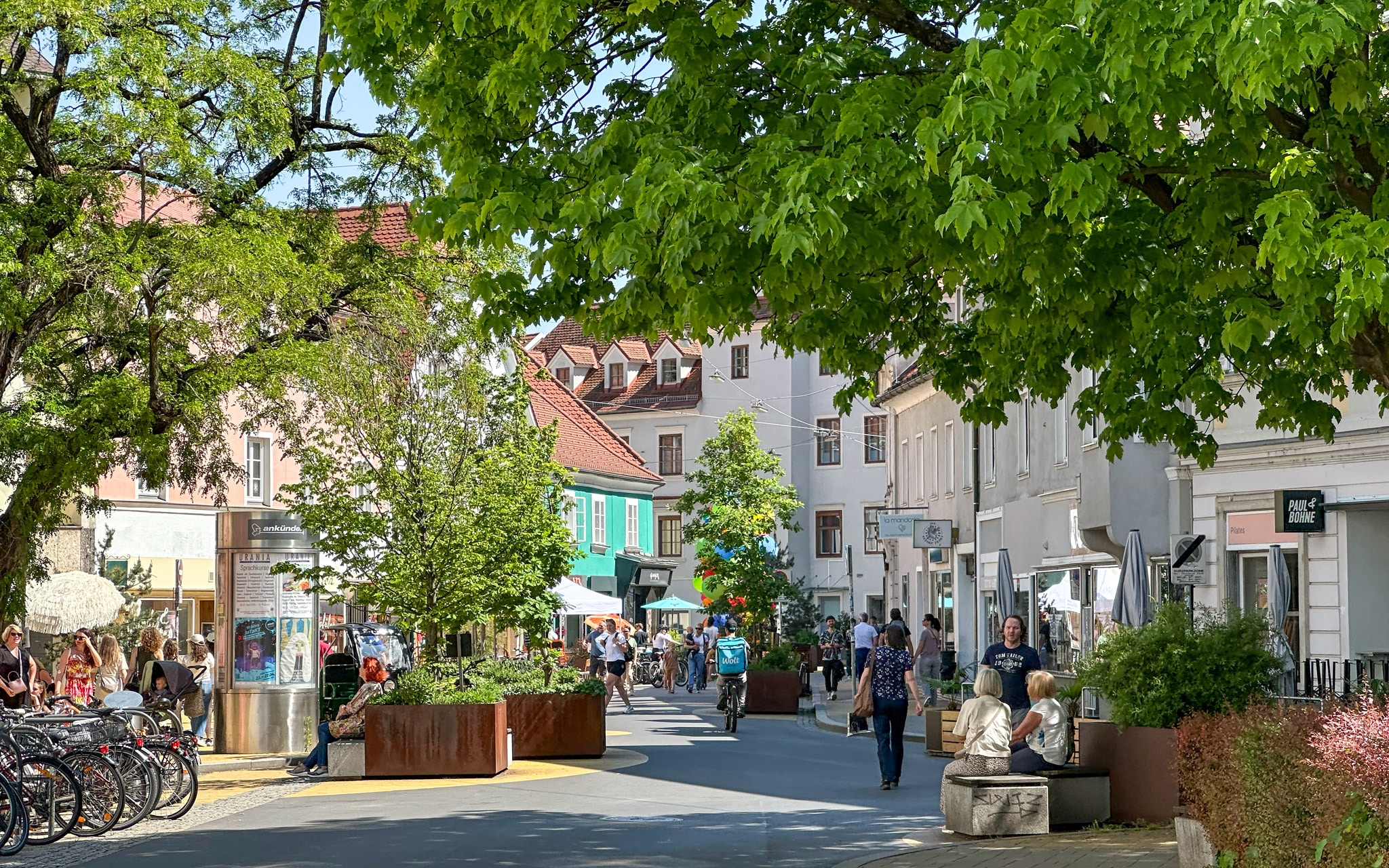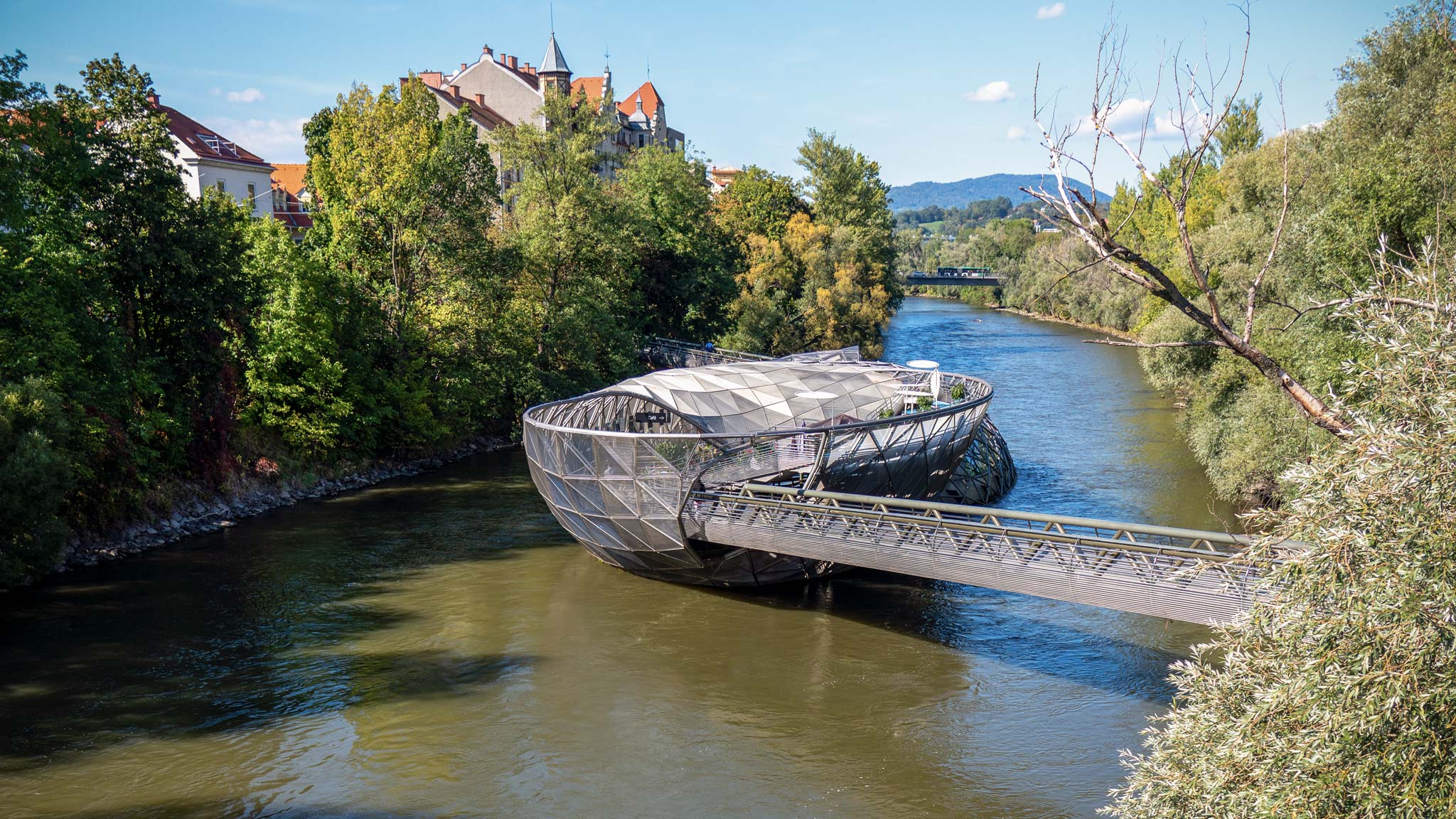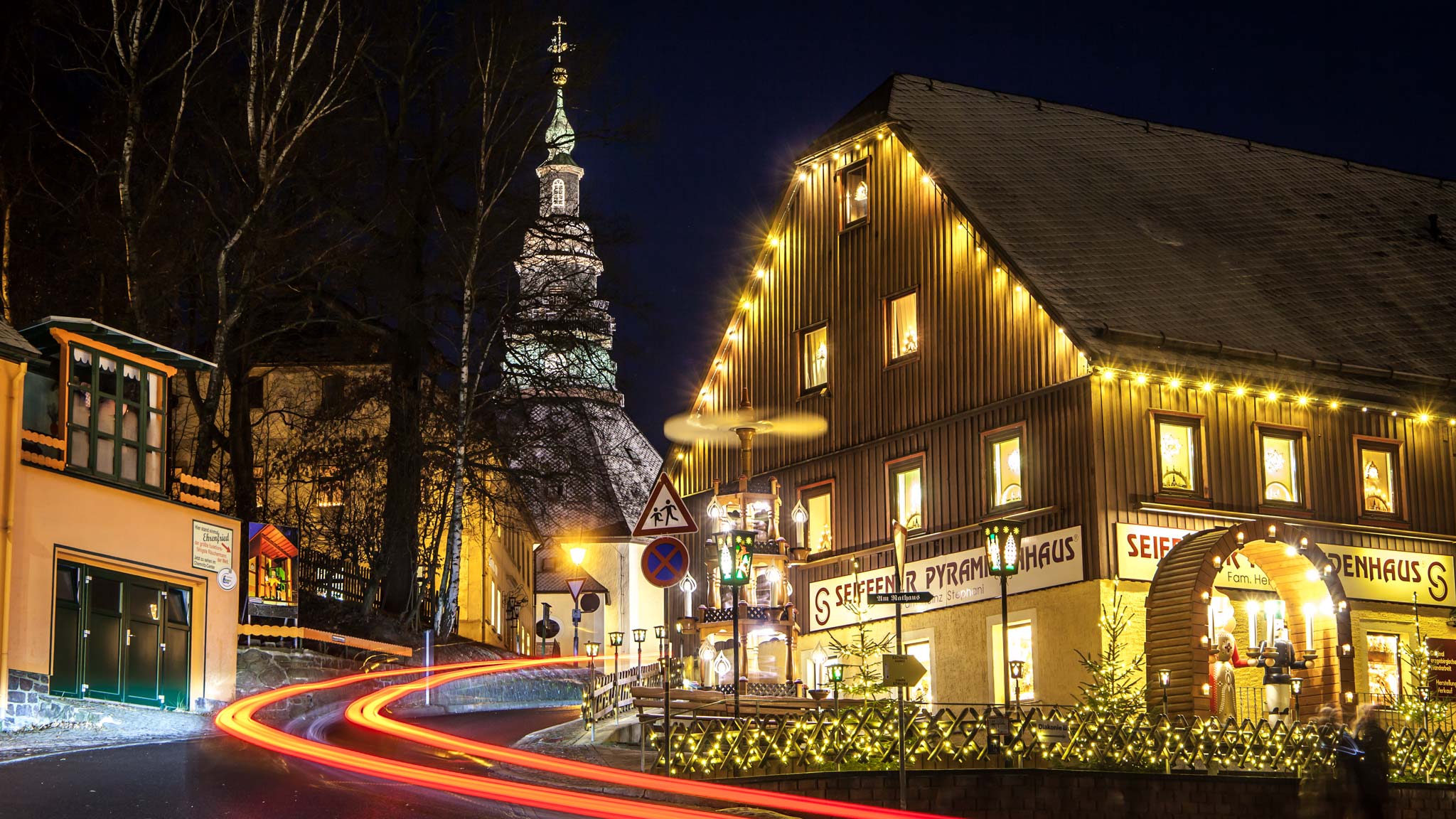Anno 117: Pax Romana – Anno Finally Goes to Rome and So Far It’s Glorious
If you enjoyed 1800's gently gripping mix of city-planning, production-chain linking, and nautical exploration, Anno 117 delivers these fundamentals in an equally satisfying manner. But its later-game ideas, the military management and the concept of cultural assimilation, that will ultimately determine how well Anno 117 captures its Roman setting.


Anno 117: Pax Romana didn't take long to convince me it would be a worthy follow-up to 2019's Anno 1800. Sitting down at the preview event for Ubisoft's latest city-builder, held in Rome's Gardens of Sallust once owned by Julius Caesar himself, the vaulted Roman brickwork surrounding me quickly melted away in a hypnotic haze of infrastructural clicking. If you enjoyed 1800's gently gripping mix of city-planning, production-chain linking, and nautical exploration, Anno 117 delivers these fundamentals in an equally satisfying manner.
But as the first hour with the game passed, a question arose. Would Anno 117 be any more than that? Ubisoft Mainz certainly aspire for it to be so. Ancient Rome is to Anno what feudal Japan is to Assassin's Creed—the setting that everyone wants the series to depict. "Rome has been a wish from our fans since forever," says Manuel Reihner, Creative Director on Anno 117. "Not only our fans, but also our team. We have a lot of Rome fans in our team, because it's such an iconic and ever-present Empire."
But Anno 1800 came with a tremendous advantage for a city-builder—the industrial revolution. 1800 saw your cities not only grow over time, but also transform, evolving from agrarian villages built around subsistence farming, to modern metropolises replete with power plants and factories and fully functional railways. It wasn't just an evocative setting, but a journey through time that bore out at a mechanical level.
Ancient Rome certainly changed through its 1,000-year history too. But those changes weren't as dramatic, and Ubisoft Mainz admit up front that Anno 117 won't replicate that radical technological sweep. "It's not the goal to completely replace 100% the industrial revolution," says Jan Dungel, Game Director on Anno 117. "On the other hand, the Roman [setting] offers different options."
The ways in which Anno 117 will strive to evoke the period mechanically are myriad. But the goal is the same. Rather than building Rome specifically, Ubisoft Mainz want to give you a taste of managing the Roman Empire. Placing you in the role of a governor of a new Roman province, you're tasked with turning it into a productive part of the Empire following a natural disaster.
Initially, this plays similarly to Anno 1800. Settlements are primarily comprised of residences, which house your workforce, and production buildings, which provide workers with goods and services they need. Creating these typically involves multiple buildings all ferrying different resources to one another, but once the end product arrives in the homes of your citizens, they provide a boost in the amount of income each residence generates.
Complicating matters is the fact that there are multiple different tiers of citizenry, each of which has more complex needs and desires than the last. Your lowest class of citizen, the Liberti, will happily get by on nothing more than porridge and sardines, and will be positively thrilled if you provide them with a hemp-spun tunic, a sheepskin cap, and a nearby tavern to drink at.
A fully satisfied Liberti residence can be upgraded into a Plebian household, which provides more income but requires a significantly higher quality of life. Those upstart plebs have the audacity to demand bread, which means building farms, granaries and bakeries. They want to wash with lavender soap, necessitating the seeding of lavender fields, and the construction of pig farms and rendering plants. They want to be literate, which means building an educational institution called a Grammaticus. Most of all, they want exotic goods like olive oil. These can only be produced by claiming nearby islands with the right fertility, establishing a secondary settlement, and setting up a trade route between the two.
In this manner, your Roman city rolls out like a carpet across the idyllic Mediterranean landscape, slowly expanding into a hive of activity that's all built upon pleasingly pragmatic foundations. Unlike, say, Cities: Skylines, the joy of Anno is that every building is placed by you, and you know exactly what it does and why you put it there.
Thus far, however, this is mostly Anno 1800 cavorting about in a toga. Yet hidden among all this is a subtle yet massive change. While how you construct your city is familiar, where you place buildings can have almost as much of an impact upon your finances as the production chains themselves.
Previously, production buildings were all about, well, the end-product, so the impetus was to construct them as close as possible to their resource provider (or a warehouse where they could access resources fast). Now, production buildings also have more immediate effects on the buildings around them. For example, the spinner, which makes those hemp tunics for your Liberti, also conveys an automatic +1 income bonus on every residence within its area of effect. So if you drop one in the middle of a dense residential district, you can get a massive boost to your income.
Reihner says Ubisoft Mainz added this feature to encourage players to mix up their cities a bit. "We wanted to improve or make this traditional city building aspect a bit more interesting," he explains. "A lot of people end up with having residential areas and having production areas separated and the residential area city building was not that, let's say, challenging for players. Now it really matters where your place production buildings. Not on a grand scale, but you can modify, you can tweak, you can fine tune your economy."
Indeed, this system makes you think far more tactically about building placement. Some buildings, like the soap maker, convey both a positive and negative status effect on surrounding buildings, improving public health for reasons that are hopefully self-evident, but also decreasing nearby happiness because making soap stinks. These are not idle effects either. Low public health can trigger disease outbreaks, while low happiness runs the risk of revolts.
Careful city-planning isn't the only way you can boost production either. New to Anno 117 is a research tree, where you can unlock new technologies in three different fields—economic, civic and military. As an example, the speed of research is based upon knowledge, which is generated by residences near to the Grammaticus. But one technology you can unlock makes spinners generate knowledge too, thereby helping research progress faster.
One of these fields also hints at another major feature in Anno 117, the return of land-based combat. Although Pax Romana is set in the most peaceful period of the Imperium (hence the name), it will nonetheless allow you to assemble the military engine that drove the Rome Empire from the deserts of North Africa to the border of Scotland.
How exactly land combat will function isn't wholly clear, as the preview demo was focussed mainly on city construction. But Reihner says that building a large army will require you to dedicate your city toward supporting it. "To make it a really huge topic for you, you really need to be invested in it. And this means, going back to the core gameplay, [you need] to have a huge city, huge supplies to raise a big army." At the same time, Dungel points out that raising armies and engaging in combat will be entirely optional. "Anno is mainly about the city building and we want to stay true to that and that is super important for us, so you can pretty much also avoid the combat."
Another key element coming to Anno 117, but not shown in the preview session, is Albion, a secondary map that you'll manage alongside the cities you build in your initial archipelago, much in the way you had tropical colonies supporting your main city in 1800. Albion, which is based on Celtic Britain, will be very different from the lush Mediterranean pastures you start in, hence why Ubisoft Mainz picked it. "We were searching for a striking contrast," Reihner says. "During the ancient times, the most alien place in the Roman Empire was the Celtic world, Albion." Dungel compares the Roman understanding of Britain to Mordor. "It was like the superstition that the people have eight limbs."
Managing this distant land will mean not only dealing with a very different landscape, but a very different culture. Religion plays a big role in Anno 117, with you able to dedicate your temples to a specific god, like Mars or Neptune, and receive thematically appropriate bonuses to things like military or naval power. Reihner says that when players arrive in Albion, Celtic beliefs will also become available, and players will be able to choose whether to stick with the Celtic traditions of Albion, or attempt to assimilate the people culturally. "There will be the topic of romanization, where in Albion, you are able to choose the Celtic, the local path, or the Roman path," he says.
I can already see myself losing dozens of hours to Anno 117: Pax Romana. Much of what made Anno 1800 such a great time has been deftly carried over here, while the building-specific bonuses and dedicated research tree are each smart innovations that, deployed wisely, can supercharge your economy. But it's those later game ideas, the military management and the concept of cultural assimilation, that will ultimately determine how well Anno 117 captures its Roman setting.

























































![Ultimate Anime Rangers X Tier List [UPDATE 1]](https://www.destructoid.com/wp-content/uploads/2025/04/ultimate-anime-rangers-units-tier-list.webp?quality=75)

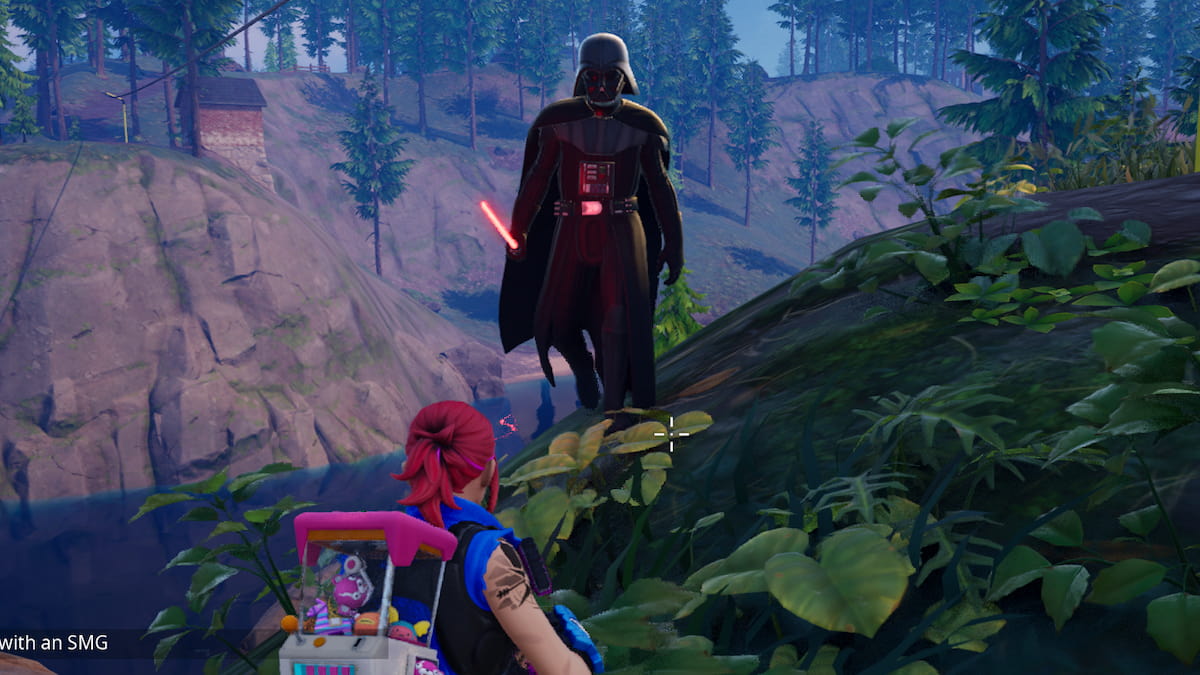


















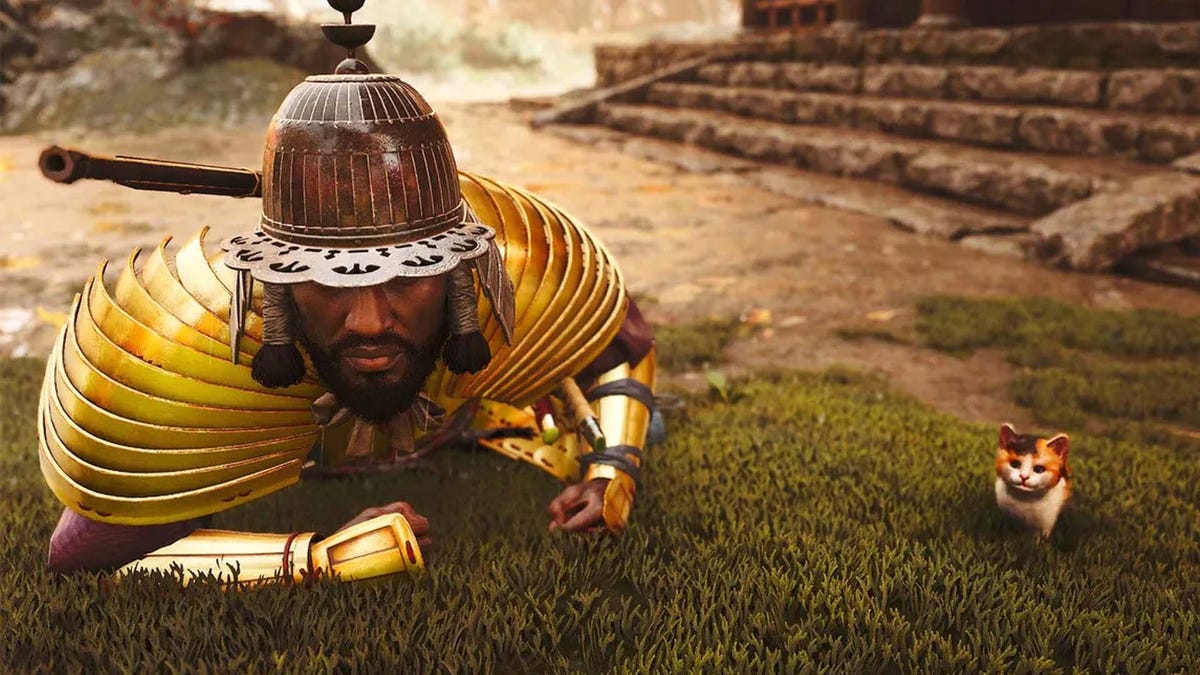








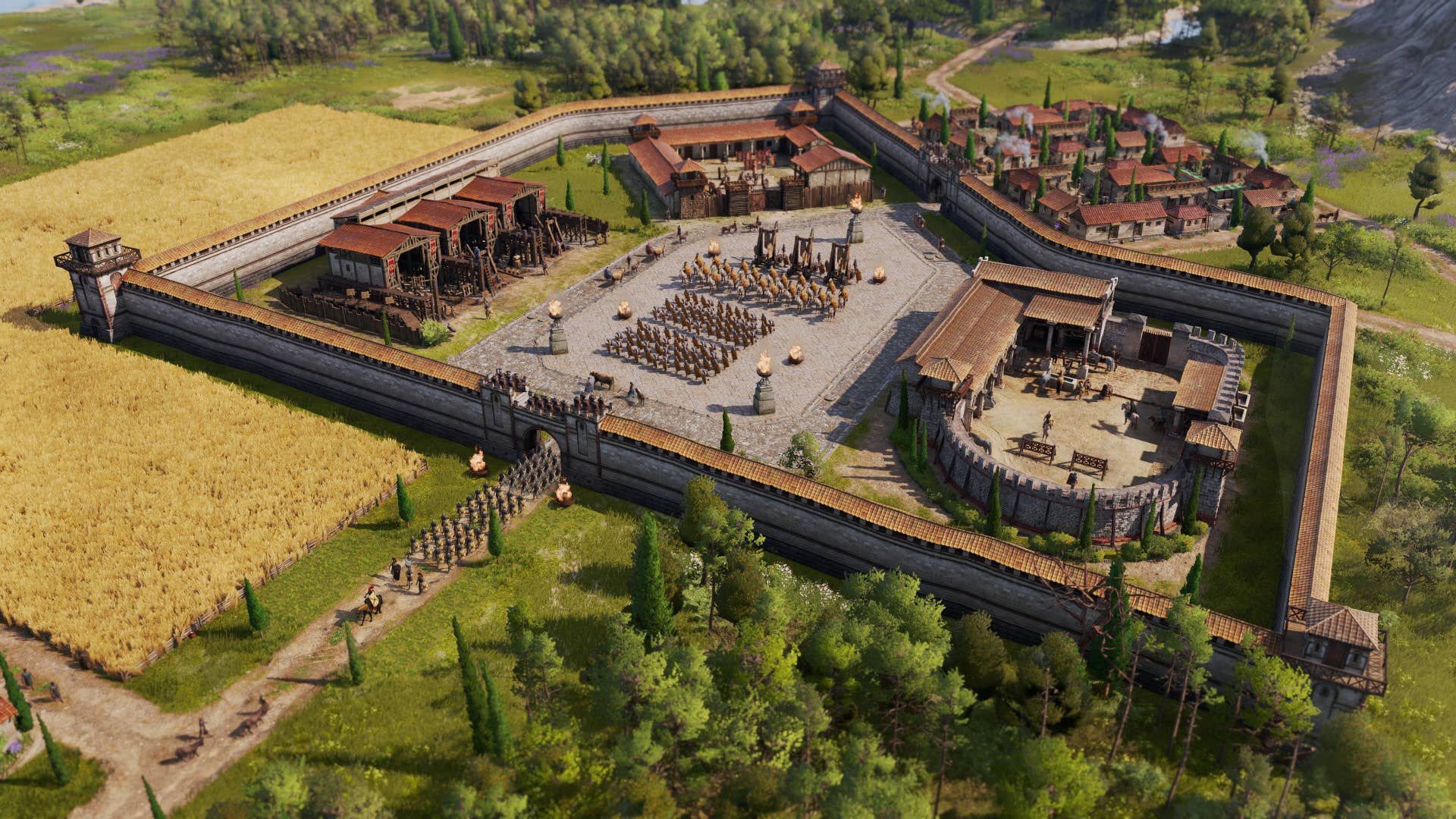



























































































.png)



